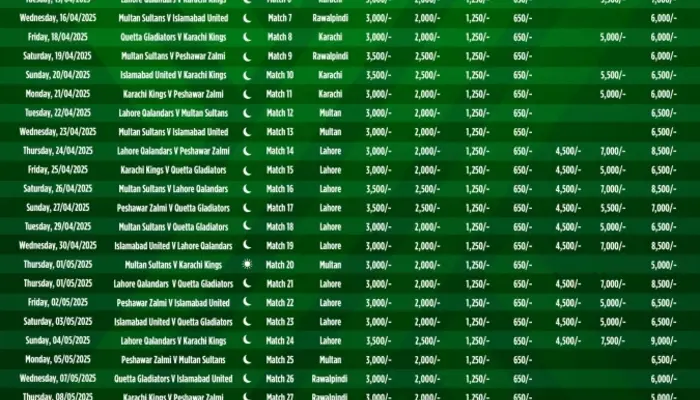
U.S. Congresswoman Rashida Tlaib has condemned a political cartoon published by the National Review. The cartoon, by Henry Payne, portrays her with an exploding pager, a depiction Tlaib calls racist and Islamophobic. The image references recent explosions in Lebanon where pagers reportedly used by Hezbollah detonated, causing numerous deaths and injuries. Tlaib, the only Palestinian American in Congress, believes this cartoon will incite further hatred and violence against Arab and Muslim communities.
The cartoon shows a woman labeled as “Rep. Tlaib” sitting next to a pager that explodes. The caption reads, “ODD. MY PAGER JUST EXPLODED.” The title, “Tlaib Pager Hamas,” sparked outrage online. Many social media users condemned it as offensive. Critics argue it perpetuates harmful stereotypes. Dearborn Mayor Abdullah Hammoud also voiced his disapproval, calling the cartoon “disgusting” and accusing it of normalizing anti-Arab bigotry.
Tlaib responded strongly on social media. She emphasized that the cartoon endangers lives by normalizing racism. “Our community is already in so much pain,” she wrote, warning that such depictions put vulnerable communities at even greater risk. Tlaib is a fierce critic of Israel’s military actions and has consistently spoken out against U.S. support for Israel’s operations in Gaza.
The controversial cartoon emerged amidst a backdrop of deadly explosions in Lebanon. On September 18 and 19, several communication devices, reportedly used by Hezbollah members, detonated, killing at least 32 people, including two children, and injuring thousands. The blasts occurred during funerals for victims of earlier explosions, further escalating the tragedy. Hezbollah and the Lebanese government accuse Israel of orchestrating the attacks, though Israel has not officially taken responsibility. However, Israel’s defense minister praised the Mossad for its “great achievements,” fueling speculation about their involvement.
Support for Tlaib poured in from fellow Democratic representatives like Alexandria Ocasio-Cortez and Cori Bush. Human rights organizations also voiced concern over the impact of such imagery. Many called for accountability from both the National Review and the cartoonist.
Henry Payne, the creator of the cartoon and a political cartoonist for The Detroit News, has yet to make a public comment on the matter. The National Review has also remained silent despite mounting criticism.
This is not the first time Tlaib has faced attacks over her views. Her outspoken opposition to Israel’s military actions and human rights abuses has drawn sharp criticism, particularly from pro-Israel groups. Last year, she was censured by the U.S. House of Representatives for her comments on Israel, but she continues to advocate for Palestinian rights and criticize U.S. foreign policy in the region.
As tensions rise in the Middle East, Tlaib and her allies have warned against the dangers of growing Islamophobia and racism. They call on the media to avoid amplifying divisive narratives that target marginalized communities. With her condemnation of the cartoon, Tlaib continues to highlight the broader issue of racial and religious bigotry in political discourse.
















